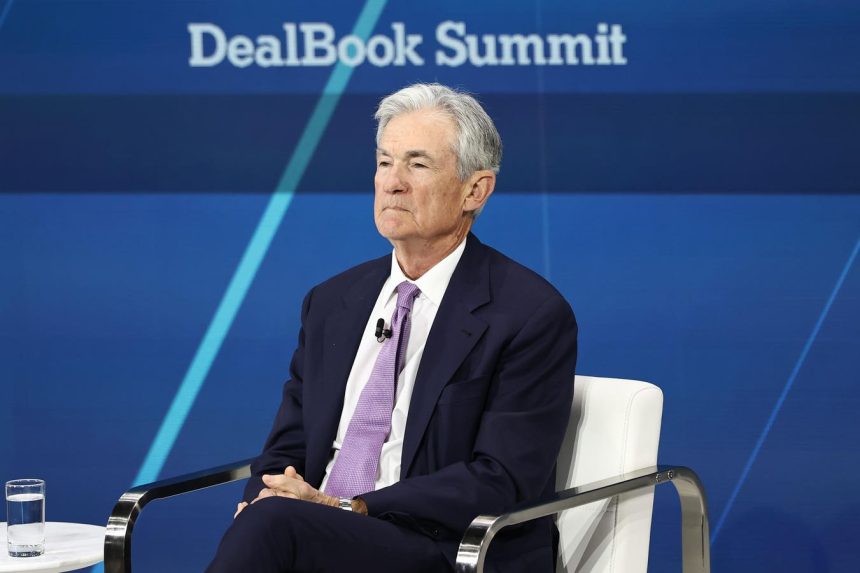The re-emergence of Donald Trump onto the political stage has reignited discussions about his past contentious relationship with Jerome Powell, the Chair of the Federal Reserve. Throughout his presidency, Trump frequently and publicly criticized Powell, particularly concerning interest rate hikes, even suggesting at one point that he might attempt to fire him. However, in a recent interview, Trump appeared to soften his stance, stating he does not currently plan to remove Powell from his position. This represents a shift from his earlier, more aggressive posture towards the Fed Chair. While Trump asserted his belief that Powell would resign if instructed to, he acknowledged that a mere request would likely be insufficient. This nuanced distinction underscores the complex power dynamics at play and highlights the inherent tension between the executive branch and the independent Federal Reserve.
Powell, for his part, has maintained a firm stance on the matter. He has unequivocally stated that he would not resign if asked by Trump, emphasizing the legal protections ensuring the Fed’s independence from political interference. This underscores the vital principle of central bank autonomy, designed to shield monetary policy decisions from the whims of political expediency. Powell’s refusal to entertain the possibility of resignation reinforces the institutional safeguards that protect the Fed’s ability to operate free from undue political pressure. The integrity of the Federal Reserve System hinges on this independence, allowing it to make decisions based on economic considerations rather than political agendas.
The historical context of Trump’s relationship with Powell provides a deeper understanding of the current situation. Trump initially appointed Powell to the position in 2017, yet quickly turned critical when the Fed began raising interest rates. His public pronouncements, including inflammatory tweets comparing Powell to adversaries like Chinese President Xi Jinping, illustrated a growing frustration with the Fed’s monetary policy. Trump even went so far as to suggest, during the onset of the COVID-19 pandemic, that he possessed the authority to remove Powell, criticizing the Chair’s decision-making. These actions raised concerns about the potential politicization of the Federal Reserve and the erosion of its carefully guarded independence.
The legal ambiguity surrounding the president’s power to remove a Fed Chair adds another layer of complexity to this issue. While no president has ever attempted such a move, the legal framework remains somewhat unclear, with no specific statute definitively addressing the matter. This gray area has fueled debate and speculation about the potential ramifications of such an unprecedented action. Experts have weighed in on both sides of the argument, with some asserting presidential authority while others emphasize the importance of the Fed’s independence. This lack of clear legal precedent creates a potential vulnerability for the Federal Reserve and underscores the need for greater clarity on the issue.
Powell, however, remains steadfast in his belief that the Federal Reserve will maintain its independence, irrespective of political pressures. He has expressed confidence in the broad bipartisan support for the Fed’s autonomy, emphasizing its crucial role in serving the interests of all Americans. This unwavering commitment to the principles of central bank independence serves as a critical bulwark against potential political encroachment. Powell’s reassurance underscores the importance of preserving the Fed’s ability to make decisions based on sound economic principles, free from the sway of partisan politics.
The current situation involving Trump and Powell highlights the enduring tension between the executive branch and the independent Federal Reserve. Trump’s past rhetoric and actions have raised concerns about the potential politicization of monetary policy. However, Powell’s resolute stance on the Fed’s independence serves as a vital defense against such pressures. The future of this relationship remains uncertain, particularly given the possibility of Trump’s return to the political forefront. However, the ongoing debate underscores the critical importance of safeguarding the Federal Reserve’s autonomy to ensure the continued stability and integrity of the U.S. financial system. The preservation of this independence is paramount for maintaining public trust in the institution and its ability to act in the best interests of the nation’s economic well-being.



